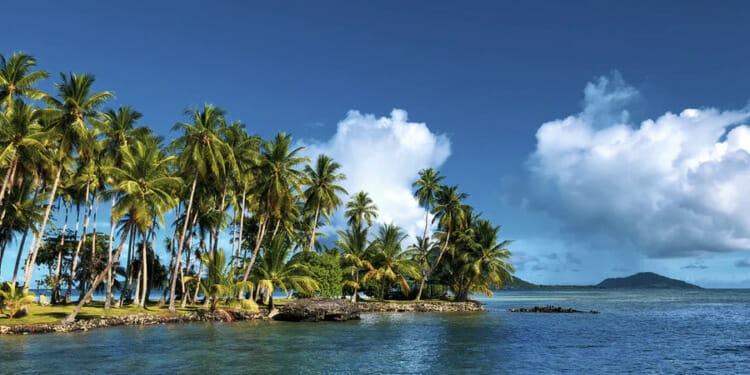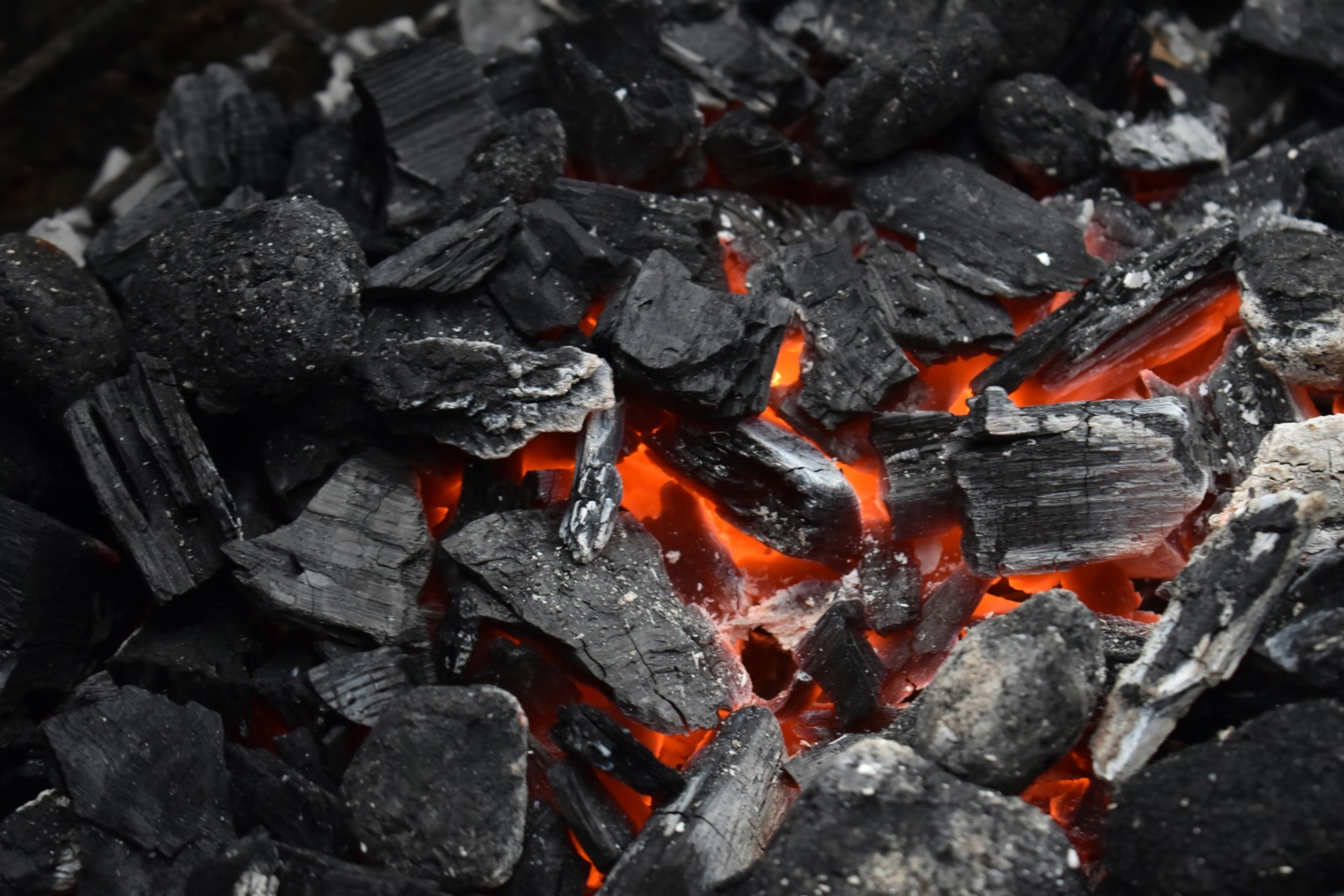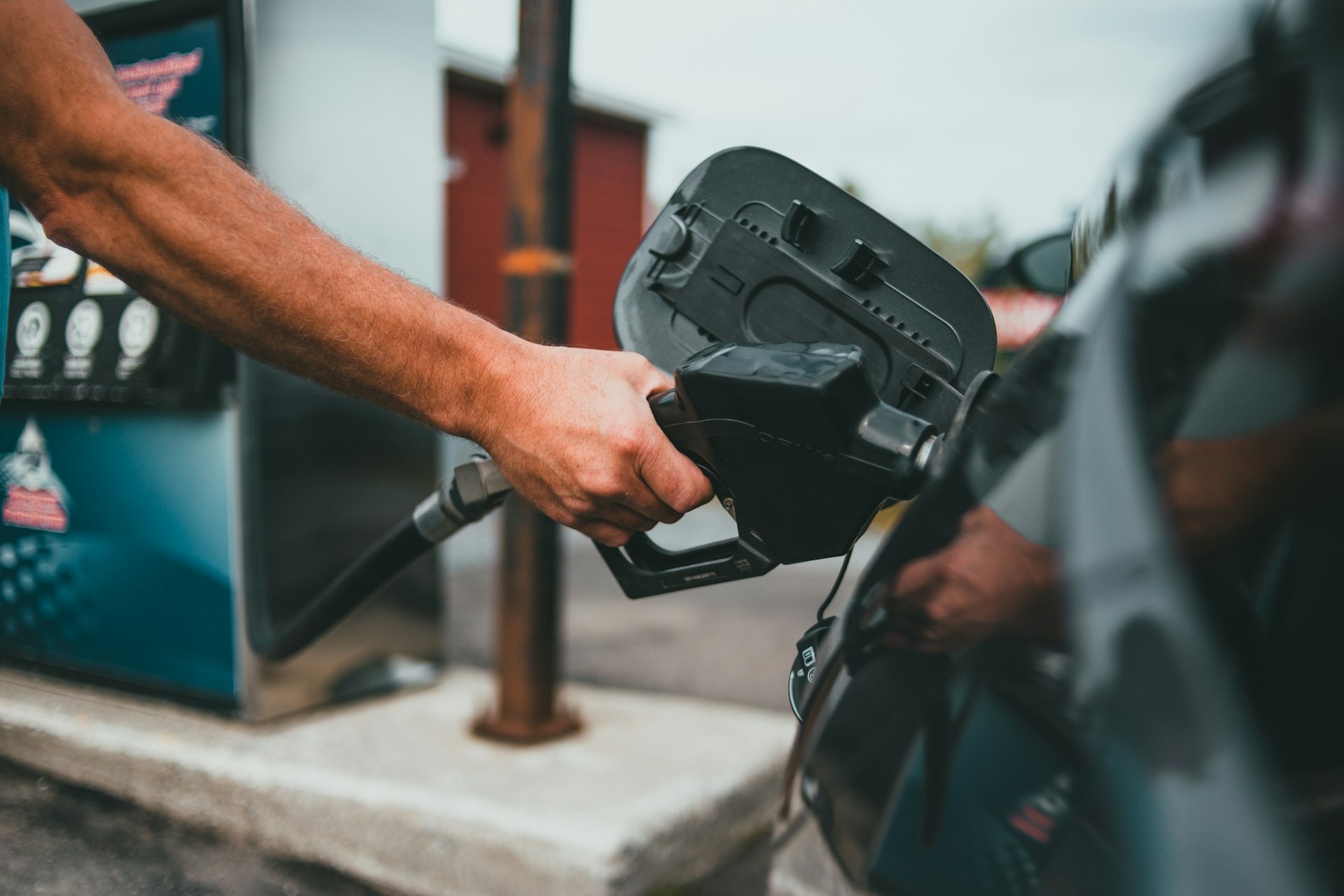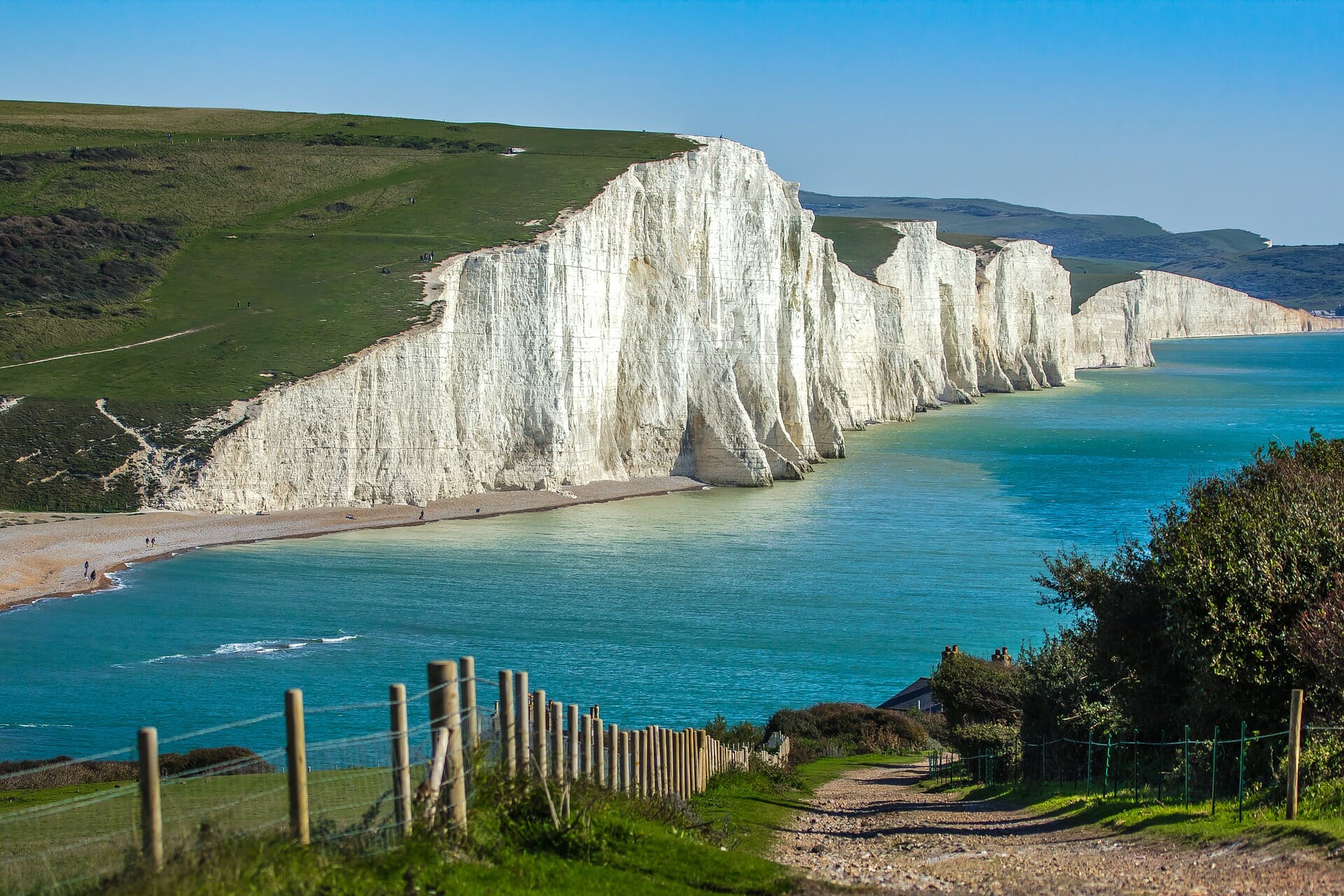“Never before has a UN member state disappeared. Now we are faced with the threat of losing many.” This statement was true in 2009 when it was raised by Marlene Moses, Nauru’s United Nations (UN) Ambassador, and it is even more true today as rising sea levels threaten the existence of Small Island Developing States (SIDS).
Before rising sea levels have a chance to remove the nationhood of these states though, Covid-19 and poor organisation have already robbed them of their presence in UN negotiations; a move that jeopardises the entire objective of the United Nations Climate Change Conference (COP26).
Almost 40,000 people are descending upon Glasgow to attend COP26, recognised as the “best last chance” to save humanity from the most catastrophic consequences of climate change. It is also recognised as the ‘whitest’, ‘elitist’, most ‘privileged’ and ‘imperialist’ conference to date.
Despite having more attendees than ever before, COP26 is reportedly the most exclusive conference yet, as those most affected by climate change have been systematically neglected.
Much attention has been given to the absence of Chinese and Russian heads of states as their inclusion is necessary for effective climate action. The same may be said of SID States leaders who have historically been a key driver in climate negotiations, giving a face to a crisis that has too often been regarded as a ‘future problem.’ However, the significance of the absence of SID States leaders has been severely under-addressed, by the media and by leaders.
1.5 degrees may be one of the most significant figures in climate change discourse, but it’s a figure that may not have been reached if it weren’t for the relentless and emotive speeches of SIDS. For these states, “1.5 to Stay Alive” has been a rallying cry to force high-emitting countries to take action and address the existential threat that climate change imposes on their people and land.
Barbados PM Mia Mottley called out world leaders for their failure to rise to the urgency of the global climate crisis during #COP26.
"Simply put, when will leaders lead? Our people are watching and our people are taking note." pic.twitter.com/0OZ2GGgGHn
— AJ+ (@ajplus) November 1, 2021
Islands under threat of disappearing
60,000 people live in the Marshall Islands, a country that is at risk of losing its status as a nation, the World Bank warns. Projected sea level rise would permanently flood almost half of the buildings in the capital, Majuro, 96% of the city’s population would face frequent flooding and entire islands would disappear. Before tides inundate the land though, the islands’ people would be forcibly displaced, as saltwater contaminates drinking water and ruins crops.
For decades, SID States have sustained droughts, eroding coastlines, catastrophic cyclones, land loss, and failing crops due to climate change. As the world heats, these disasters are expected to increase in frequency and severity. Not only have they represented a “canary in the coalmine” for the climate crisis, they have epitomised the concept of climate injustice. Having emitted just 0.23% of global emissions, the Pacific region has nonetheless suffered some of the most severe and earliest impacts of climate change.
The loss of land will not just displace people from their homes, it will sever them from their cultures. Maldives itself has over 3,000 years of history,” said Ahmed Sareer, the Maldives’ permanent representative to the United Nations and its ambassador to the United States. “The location, the culture, the language, the traditions, the history, all this would be wiped off” if sea levels are allowed to rise high enough.
Tackling climate change is not just an moral imperative for these countries, it’s an existential one. Representatives from SID States force other delegates to acknowledge the realities of climate change in a visceral and heart-aching way. When they are missing from climate negotiations, so is the pressure they provide – pressure that is necessary to keep the world from calamitous heating.
Vaccine inequity, visa delays and extortionate accommodation
Despite the significance of their inclusion, only three Pacific leaders out of fourteen have made it to COP26. The United States, one of the most recalcitrant forces in climate negotiations, has, in comparison, sent a delegation of around a thousand people. Meanwhile those on the frontlines of the climate crisis have been systematically excluded through visa and accreditation failures, a lack of access to vaccines, changing travel rules and scarce accommodation.
Not only does this constrain their voice in negotiations, it has the power to altogether silence it. As in most international meetings, various events are scheduled simultaneously at COP26 which means that countries represented by only a few delegates can only participate and influence a few events.
Related Articles: COP26: Can Rhetoric be Transformed into Action? | More Natural Disasters and Water Stress Threaten Asia-Pacific
Covid-19 restrictions and poor organisation have been the main cause of exclusion.
Almost half of the world’s poorest countries feature on the UK’s Covid red list, requiring hotel quarantines even for the vaccinated. As accommodation fees have sky-rocketed in Glasgow, many representatives just could not afford the fees, nor the time off work. Lavetanalagi Seru, a Fijian leader from the Pacific Islands Climate Action Network (PICAN), estimated that reaching Glasgow would cost FJD20,000 (£7,000). In Fiji, the starting salary for a government employee is about FJD12,000 (£4,200) a year.
Civil society organisations and activists have also been excluded, no longer able to network or apply pressure to leaders. Eye-watering fees, a city-wide accommodation crisis, and visa issues are to blame. According to Rachael Osgood, director of immigration at Cop26 Coalition, in Haiti, “to get a visa, you need to have your fingerprints and face scanned, but there is no facility for this in the country, so anyone wanting to go has to travel to the Dominican Republic to complete their application. But this is expensive and limited, so no observers or civil society groups will make it to COP, which is a travesty.”
Those who have made the long and expensive journey to Glasgow have been met with endless lines and closed doors.
Inside, it gets even weirder, with civil society literally locked out of negotiation spaces, with no video link or any other way to effectively observe at all/3https://t.co/Ujwvqk0OAE
— Alexandria Villaseñor (@AlexandriaV2005) November 3, 2021
These logistical issues, along with technical failures that have occurred since the conference began, have culminated in a conference that overly-represents the views of those who have contributed the most yet have the least to lose from the climate crisis.
Cop26 is going to be overwhelmingly white and rich this year. The UN climate talks are always exclusionary, but this year the logistics of this summit have been extraordinarily badly managed. On every level, those who are most affected by this crisis have been systemically silenced and excluded.
–Asad Rehman, of the Cop26 Coalition
What does this mean for the negotiations?
The climate crisis, along with negotiations to mitigate it, have emboldened centuries old power dynamics and the current Covid-19 pandemic has only further compounded them.
Vaccine nationalism and a failure to engage with and secure the safe participation of those most affected by the climate crisis has broken down the trust that is integral to climate agreements. Considering how vulnerable countries have been treated throughout the covid emergency, how can they be expected to trust high income countries to take the necessary steps to protect and support them through a climate emergency?
As the lack of SID States representation became clear, many organisations called for COP26 to be delayed. Given the urgency of climate change, these calls were not granted. Organisers can be forgiven for going ahead with the conference. They cannot, however, be forgiven for the logistical errors which have silenced the most important voices in climate discourse.
This situation could have been avoided if rich countries had given greater support to initiatives for vaccine equity, or if organisers had worked harder to approve visas and provide vaccines and accommodation.
Failing this, a hybrid event could have been held, incorporating virtual and in-person attendees. It may not have been perfect but it would have been something. If nothing else, it would have provided some reassurance that high-income countries were at least trying to support the most vulnerable.
Unfortunately the die is cast. Delegates are already in Glasgow, the conference is into its sixth day – halfway to the end. There have indeed been victories and hopefully there will be more as the conference goes on but the lack of support and inclusion provided to SID States gives the wrong signal about the priorities of attending states and raises serious doubts about the equity of the conference’s outcome.
Editor’s Note: The opinions expressed here by Impakter.com columnists are their own, not those of Impakter.com. — In the Featured Photo: Rising sea levels threaten the existence of UN member islands. Featured Photo credit: Marek Okon














